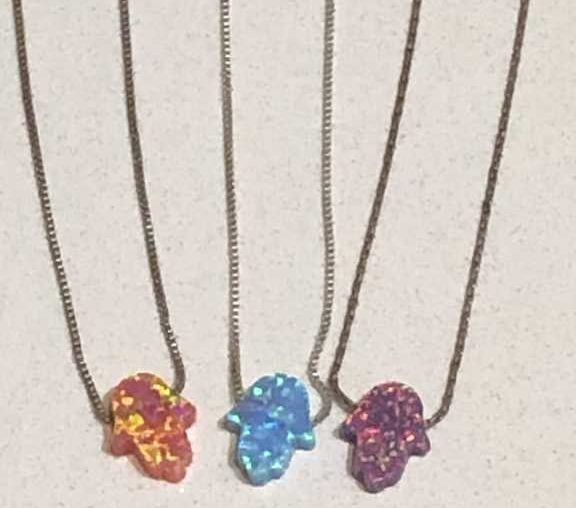In my college History of Anti-semitism class, I just finished reading “Tolerance As Supplement: The ‘Jewish Question’ And The ‘Woman Question’” by Wendy Brown. In her work, Brown compares why the political relationship of Jews to the dominant group was framed as a matter of tolerance, while women were considered through the lens of subordination and equality in the eighteenth and nineteenth centuries.
I was practically biting my nails, waiting for Brown’s final ascription of The ‘Jewish Woman Question’. As a Jewish woman, this was incredibly difficult for me to read — because I got to the end and found nothing there.
I am not sure what I expected. I wondered if I was missing pages. Was Brown going to explain that the female Jewish experience is complex, for Jewish women have both historically suffered forced conversions and privatisation of our religion and the simultaneous government interference and privatisation of our bodies?
Was she going to affirm that Jewish women are distinctly suppressed? Was the assumption that I would choose one identity over the other?
It was as if I had been cheated. But, I don’t need Brown to tell me that Jewish women experience the world in unique ways. Like any community mired in exodus and oppression, the roots of these intersectional issues require digging. It is only through understanding anti-semitism, sexism and the cruel ways in which they intersect that we can at least try.
Here is what I know. The early formation of Christian anti-Judaism cemented itself in the idea that Judaism must be separate from Christianity. It was only through making that distinction clear that accusations of hypocrisy and darkness wielded against Jews could bear some sort of legitimacy.
Jews were “of the flesh,” compared to Christianity, which was of “the spirit”. Throughout history, Jews told were told they were carnal and beastal, and as a consequence, we privatised Judaism. Oppression and assimilation often straddle a thin line.
Here is what I know. Sexism takes root in the idea that women are not only different than men, but that their physical differences justify them being denied full political equality. Women are violated in public spaces, including rape and sexual assault, yet they are expected to privatise their anger and emotions.
Women’s bodies are sexualised. Women, and Jewish women in particular, often deal with similar insults Jews historically dealt with. Women “take things too literally,” — another anti-Jewish insult based off physical nature versus spirituality. Women in the media are often portrayed as sensuous. There is the ongoing assumption that we take up too much space.
If Brown could not provide us with an answer to the “Jewish Woman Question” — as well as recognise the complex ways in which Jewish women are subjected to both modern sexism and anti-semitism’s roots — I am prepared to answer it. Jewish women must be prepared to answer it. By recognising that women’s bodies and voices are being suppressed, we can see our pain is intersectional.
Ultimately, Jewish womens’ lives have been built off institutions that looked to privatise our bodies and our religion. The ‘“Jewish Question” and the “Woman Question” are different questions — but they require an interrogation of both.
I have started to think about the ways in which I am currently suppressing myself. Is the suppression I feel a function of centuries of anti-Judaism, or a society that engenders institutionalised sexism?
I am not sure, but I have started wearing my Hamsa necklace everyday at school. I am speaking out more and more about women’s issues and the unique ways in which Jewish women are disenfranchised. This may serve as the antidote to both.


Comments are closed.